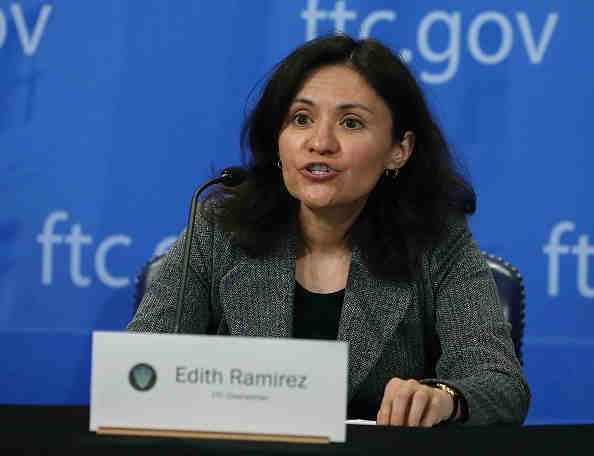-
Tips for becoming a good boxer - November 6, 2020
-
7 expert tips for making your hens night a memorable one - November 6, 2020
-
5 reasons to host your Christmas party on a cruise boat - November 6, 2020
-
What to do when you’re charged with a crime - November 6, 2020
-
Should you get one or multiple dogs? Here’s all you need to know - November 3, 2020
-
A Guide: How to Build Your Very Own Magic Mirror - February 14, 2019
-
Our Top Inspirational Baseball Stars - November 24, 2018
-
Five Tech Tools That Will Help You Turn Your Blog into a Business - November 24, 2018
-
How to Indulge on Vacation without Expanding Your Waist - November 9, 2018
-
5 Strategies for Businesses to Appeal to Today’s Increasingly Mobile-Crazed Customers - November 9, 2018
FTC Shuts Down 12 ‘Rogue’ Debt Collectors
The Federal Trade Commission, joined by other federal and state agencies, are bringing charges debt collectors across the USA for allegedly abusive or deceptive practices.
Advertisement
The agency said it was part of a coordinated effort by law enforcement to crack down on debt collection companies that used illegal tactics like threats of arrest and harassing phone calls.
Thirty million U.S. consumers are being pursued for the repayment of at least one debt, said FTC commissioner Edith Ramirez, and while numerous billion-plus conversations between debtors and collectors are legal, “last year alone, consumers filed over 280,000 complaints with federal authorities related to debt collection”, she told reporters.
In April 2015, the FTC and the Illinois Attorney General charged K.I.P. LLC, and Charles and Chantelle Dickey, with threatening and intimidating consumers to pay payday loan debts they either did not owe, or did not owe to the defendants. A few firms also were found to be trying to collect a debt from consumers who they knew didn’t owe money, known as “phantom debts”.
Chris Koegel, assistant director of the FTC’s Division of Financial Practices, said the FTC has worked primarily with trade associations in the credit and collection industry through its Debt Collection Dialogues.
The FTC adds in the press release that the illegal practices that they and their partners target also include the failure of a few collectors to give consumers legally required disclosures and notices.
Federal law protects consumers dealing with debt collection agencies.
In one case, the company told a consumer’s 84-year-old mother that it had a warrant for her daughter’s arrest.
Attorney General Doug Peterson and the Nebraska Attorney General’s Office wish to remind consumers that our office is able to assist in situations of unfair debt collection practices through our consumer mediation services. BAM’s operations have been halted by a temporary restraining order issued by a California federal court. Claiming those loans were delinquent, they threatened to garnish consumers’ wages, suspend or revoke their driver’s licenses, have them arrested or imprisoned, or sue those who did not pay. If you decide after contacting the debt collector that you don’t want the collector to contact you again, tell the collector, in writing, to stop contacting you. In September, nearly 30% of the complaints the CFPB received involved debt collectors.
Advertisement
So far this year, the FTC has won over $88 million in judgments against debt collection companies. Many consumers paid, even though they may not have owed the debts, because they believed the defendants would follow through on their threats or because they simply wanted to end the harassment. “Operation Collection Protection”, unveiled this afternoon in Washington, D.C., brings together federal, state, and local enforcement and regulatory organizations. The couple has agreed to a $6.4 million settlement.





























